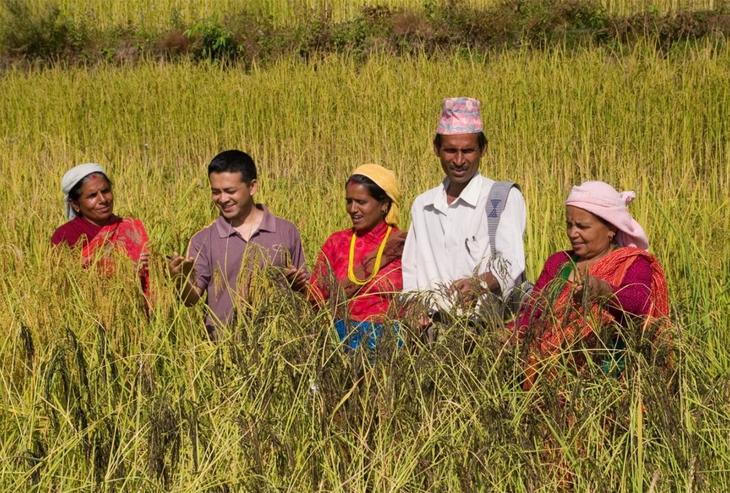
Option 7C
Conduct participatory research on other aspects of PGRFA.
Participatory research may also focus on other aspects of PGRFA, including social, economic, environmental or cultural dimensions. It may for example, focus on cultural values or traditional knowledge underlying farmers’ conservation and management of PGRFA. It may also include studying broader social-ecological systems, of which the conservation and sustainable use of PGRFA may be part, gender dimensions, or institutional issues of relevance for the governance of PGRFA.
Such studies may be designed in a way that farmers and researchers collaborate throughout the project, including by sharing, applying and integrating diverse types of knowledge and co-creating results. This may require formal agreements on how farmers’ or farming communities’ knowledge will be used, and how their contributions will be acknowledged, in accordance with local protocols and/or established standards and good practices.
Example(s) of possible measures:
- Seed sovereignty and agroecological scaling: Focus on two cases of seed recovery, conservation and defence in Colombia (Colombia/Latin America and the Caribbean). Click here
- Participatory research to facilitate collaboration of farmers, exporters and central market agents in developing fruit and vegetable value chains in the Jordan valley (Jordan/Near East). Click here
- Morphological characterization of native crop varieties using farmers’ descriptors (Peru/Latin America and the Caribbean). Click here